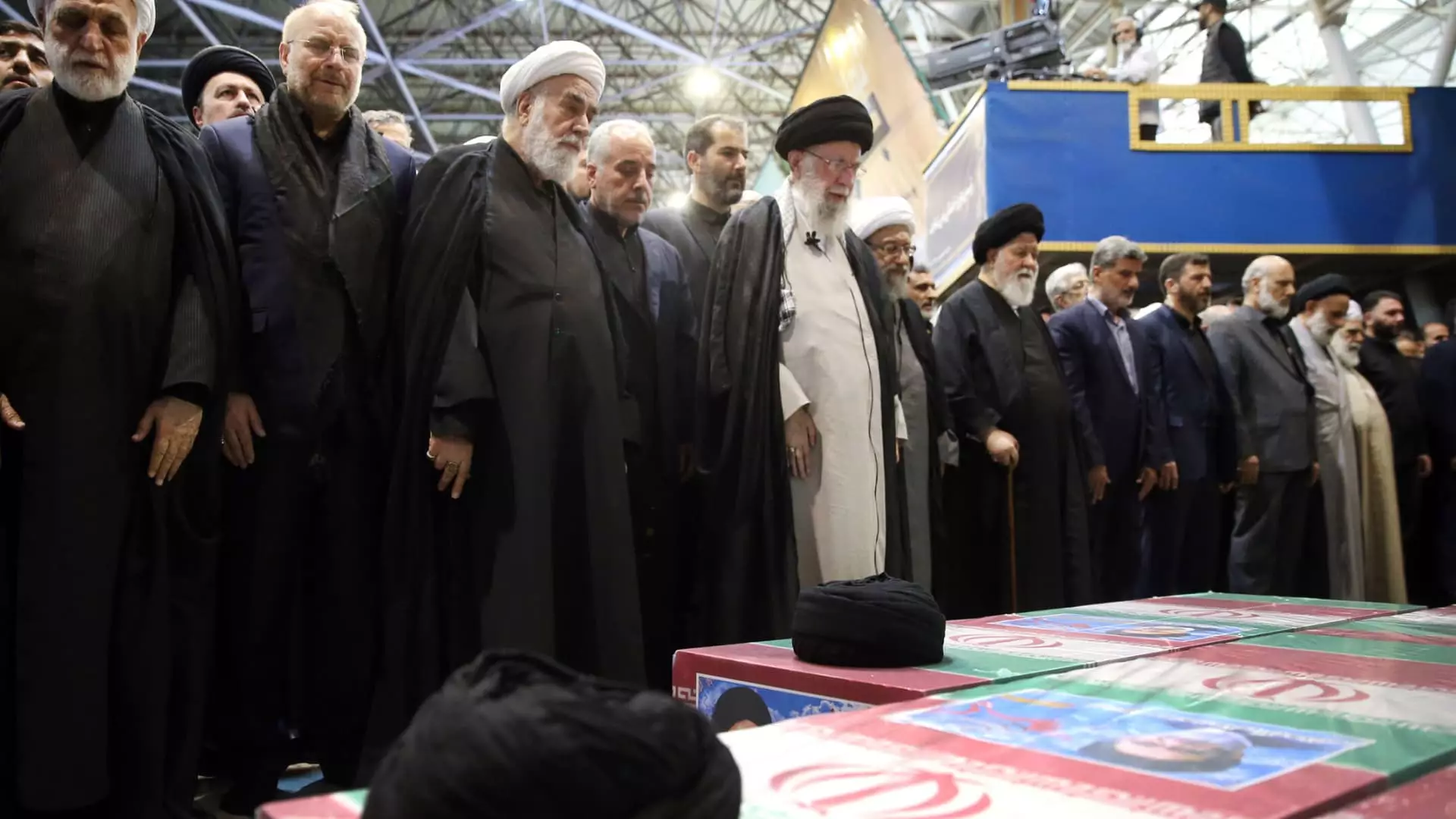Iran is gearing up for snap elections on June 28 following the tragic death of former President Ibrahim Raisi in a helicopter crash. However, analysts are not optimistic about the election bringing any significant change to the country. The election is taking place amidst a backdrop of a struggling Iranian economy, widespread discontent among the populace, and harsh crackdowns on dissent. Iran is currently facing challenges such as high inflation, Western sanctions, escalating tensions with the U.S., increased nuclear enrichment, and the ongoing Israel-Hamas conflict.
The ultra-conservative Guardian Council in Iran has approved a list of six candidates to run for the presidency. Most of these candidates are hardliners with anti-Western stances, with only one candidate representing the reformist camp. Shockingly, all women candidates who registered were disqualified by the Council. This has raised concerns about the lack of diversity and inclusivity in the candidate selection process. Furthermore, experts like Behnam ben Taleblu have expressed skepticism about the authenticity of the candidates, with only one token reformist in the mix.
Behnam ben Taleblu has boldly stated that Iran’s supreme leader Ayatollah Khamenei is the primary decision-maker in the election. He emphasized Khamenei’s preference for continuity over change, indicating that the election might not lead to any real transformation in Iranian politics. The fact that half of the approved candidates have been sanctioned by Western governments raises questions about the credibility and integrity of the electoral process.
Despite hopes for the upcoming election to serve as an opportunity for the Iranian government to rebuild its reputation and relationship with the people, the approved candidate list has dashed those expectations. The absence of genuine competition in the election indicates that hardliners are likely to maintain their grip on power. The government’s failure to address public dissatisfaction and its heavy-handed approach to dissent have further eroded trust in the electoral process.
The Iranian political landscape has been marred by low voter turnout, with the 2021 presidential election witnessing historically low participation. President Raisi, who was elected amidst poor voter turnout, was known for his hardline stance against Western powers and his crackdown on dissent. The lack of public engagement in elections reflects deep-seated disillusionment with the political system and its failure to deliver tangible improvements in people’s lives.
Many Iranians are planning to boycott the upcoming election, viewing it as a sham aimed at maintaining the status quo rather than addressing the country’s pressing issues. Groups like the Union for Secular Republic and Human Rights in Iran have called for an active boycott of the election, highlighting the widespread disillusionment with the government’s handling of economic crises and social unrest. The reluctance of the Iranian leadership to prioritize electoral legitimacy suggests a growing disconnect between the ruling elite and the general populace.
As Iran prepares for the upcoming presidential election, the political landscape remains fraught with challenges and uncertainties. The lack of genuine competition, the dominance of hardliners, and the disenchantment of the public point to a deeper crisis of legitimacy within the Iranian government. The international community will be closely watching the election process, but expectations for meaningful change or democratization are low. The future trajectory of Iran’s political system hinges on the outcomes of the election and the response of the ruling elite to mounting public discontent.


Leave a Reply